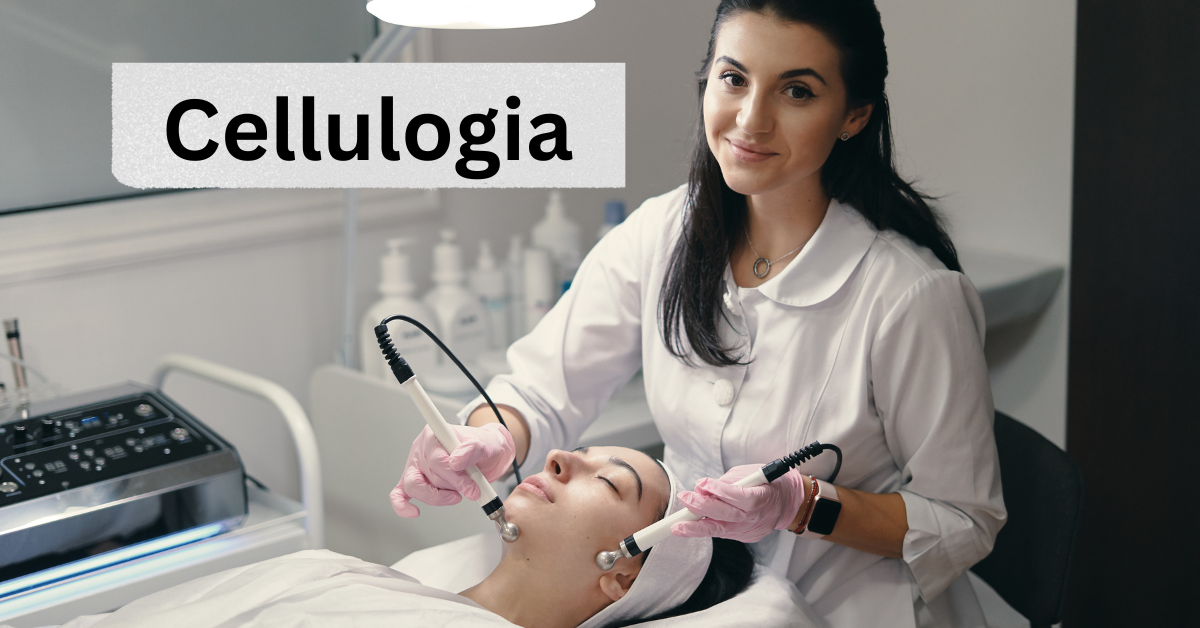The pandemic has not ended yet; however, countries have eased lockdown and lives have returned to normal. The virus is still out there, and for this, there is a need for continued testing to prevent another outbreak. In this article, we would be providing answers to common questions people have about the COVID-19 test.
Frequently asked questions about COVID-19 test
Where can one get a corona virus test?
Usually, COVID-19 tests have to be ordered by a doctor. You can either get tested by the doctor in a hospital or be referred to a testing centre or laboratory in your city. The Food and Drug Administration (FDA) has also approved home test kits whereby you can conduct your tests in your home; the only thing is that you will still have to send your samples to a lab for interpretation of results. Home test kits are only meant to be used under certain circumstances and are not as reliable as a test conducted by a medical expert. For more reliable results, visit a laboratory and get tested. Another thing to note is that testing varies from state to state, so you should speak to your physician before you get tested.
What are the types of corona virus test?
There are two main types of corona virus test. These are the antigen or viral test and the antibody test.
Viral test: this type of test is the one your doctor advises you to get when you experience symptoms or other factors. It tests for the presence of the virus in your body. If you are currently infected with the virus, this test will detect its presence.
Antibody test: this test type is very useful for detection of past infection. When the virus infects you, your body produces antibodies in response to the infection. This test checks for the presence of those antibodies. Even if you have recovered from the infection, the antibodies remain in the body. Note, however, that it takes at least 12 days for antibodies to be produced after infection. This means if you conduct a test before that number of days, your results may likely be negative.
Besides testing for the presence of the virus or antibodies, these tests check the level of a person’s immune system. The positive antibody test will show you have been infected; however, it cannot tell us if you are being protected from future infections.
Who needs a corona virus test?
Some factors determine who should get tested or not. These factors include exposure history, symptoms the patient experiences and other underlying risk factors.
People who have experienced COVID-19 symptoms
Once you begin to notice symptoms related to COVID-19, the next thing to do would be to self-isolate and contact your health care provider to schedule a test. In some cases, it may be challenging to differentiate between COVID-19 symptoms and symptoms of other respiratory problems. It is only a test that will confirm if you have been infected with COVID-19 or another disease. Nonetheless, whether or not you have been tested, remain indoors and isolate yourself to avoid spreading the virus to others. Unless it is an emergency, or circumstances are life-threatening, do not leave your house. Speak with your health care provider and discuss your symptoms before going to get tested. Finally, confirm the availability of testing kits in your local and city areas before you leave. In testing areas, especially areas with short supply, special groups of people should be given priority to be tested. These groups of people are
- Emergency first responders such as police officers, medical technicians and others who have COVID-19 symptoms
- Patients that are already experiencing COVID-19 symptoms and are already hospitalised
- People who live in long term care facilities or group settings like prisons and shelter homes
- People who work in health care facilities like old people homes and nursing homes
- People who have already been recommended by their health care provider for testing
People who do not experience COVID-19 symptoms
Asymptomatic transmission is one of the reasons for the huge number of infected people. These are people who have been infected but show no outwardly symptoms, neither do they experience any. Because of this, they believe that they are free from the virus, and end up causing more infections. Even if you do not experience COVID-19 symptoms, self isolate and quarantine yourself, especially if you come in contact with someone who may be infected. Besides this, periodic testing is also essential, especially for people who live in high-risk areas.
People who have recovered from COVID-19
One might begin to wonder why someone who has recovered would have to be tested again. Normally, if you have recovered after a COVID-19 illness, there is no need for you to get tested again, neither is there a need for you to continue self-isolation. However, the following factors will help you decide if you need to run another test
- For at least 10 days, you have not experienced any symptoms
- Your symptoms are improving
- You have gone for 24 hours without fever
If you have just recovered from a severe COVID-19 case, your doctor might recommend an extended period of isolation. However, you can have an antibody test to see just how much you have recovered and how your immune system has reacted to the virus.
What is the procedure for the COVID-19 test?
Before your test, your health care provider must have provided you with a list of guidelines and instructions. Be sure to follow them to the last. Know that social distancing is still a thing, so be sure to go with your face mask which you will wear, before and during the test. The doctor carrying out the test will also be covered in full protective gear before collecting your samples for testing. Samples are collected from your nose or throat using a cotton swab. This may be uncomfortable, but not to worry, it will pass in no time. Your samples are then packaged according to the CDC guidelines and sent to a laboratory for analysis. After the test, your health care provider will notify you of your results.
How long before I get my test results?
How long you will have to wait before you get your results depends on the hospital or laboratory where you conducted your test. Some hospitals have a laboratory where they conduct their tests, while some other hospitals have to send the samples to another lab for analysis. Generally, the results of your test should be available in hours or days, depending on where you got tested.
If your results come back positive, you will be advised on what to do to recover and prevent infecting others. Unless it is a severe case, you can stay at home and follow your doctor’s instructions to get better.
Do I need to be tested again if I have been tested before?
If you are sure you have been exposed to the virus, or you come in contact with someone who has been affected, you need to get tested. However, if you get tested before your body produces antibodies, your results may come out negative. In this case, you would have to self isolate, quarantine and watch yourself for 14 days to see if you show any symptoms. Even if you don’t, get another test just to be sure you are safe.
Do you think you may have been exposed to the virus? Have you recently been in contact with someone who is infected or has been to a high-risk area? Contact us at STD Check Clinic in London for COVID-19 tests. We carry out all types of corona virus test in the UK. Contact us today.



